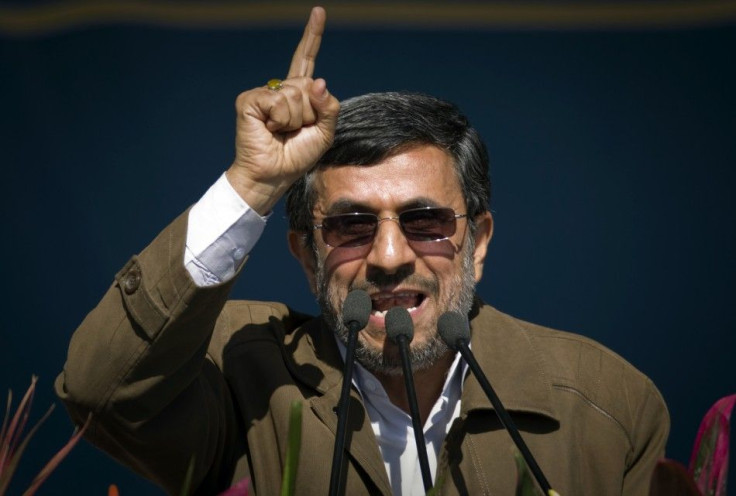UN's Nuclear Inspector Arrives in Tehran

Deputy Director General of the UN International Atomic Energy Agency (IAEA) Herman Nackaerts arrived in Tehran for the second time to discuss Iran's nuclear program.
Nackaerts said that his team's main priority was to clarify the possible military dimensions of Iran's nuclear program.
In a report issued earlier, the IAEA cited strong suspicions that Iran was researching an atomic weapon and missile warheads. It was confirmed last month that a new, fortified uranium enrichment plant outside Iran's holy city of Qom had been activated.
Iran always suggested that the nuclear activities are simply for electricity generation, but the Western nations believe Iran is hiding the actual intention.
The nuclear program has created tension and speculations. Earlier, the Israeli Defense Minister Ehud Barak reportedly stated that Israel did not intend to launch a strike against Iranian nuclear facilities, but would retain the option as a last resort.
General Martin Dempsey, the head of the U.S. Joint Chiefs of Staff, said on Sunday that it's not clear whether Iran was assembling a nuclear bomb. On that basis, I think it would be premature to exclusively decide that the time for a military option was upon us, BBC quoted Dempsey as saying.
Last week, one of the state's TV channels showed the Iranian President Mahmoud Ahmadinejad inspecting the Natanz Uranium Enrichment Facility some 200 miles south of Tehran.
In an elaborate ceremony, the Iranian president unveiled the new developments in the country's nuclear program. They have used the domestically made nuclear fuel in a reactor, and that too, for the first time.
The IAEA inspectors said their last visit in January was positive and Iran was committed to resolving all outstanding issues. Nackaerts said on Sunday that he was expecting a couple of good and constructive days in Tehran.
Importantly we hope for some concrete results from the trip. The highest priority remains of course the possible military dimensions of Iran's nuclear program, but we want to tackle all outstanding issues, Nackaerts said. This is of course a very complex issue that may take a while. But we hope it can be constructive.
The inspector's review of this tour to Iran is expected to be a part of the next written report on Iran's nuclear program, which will release later in February.
© Copyright IBTimes 2024. All rights reserved.




















